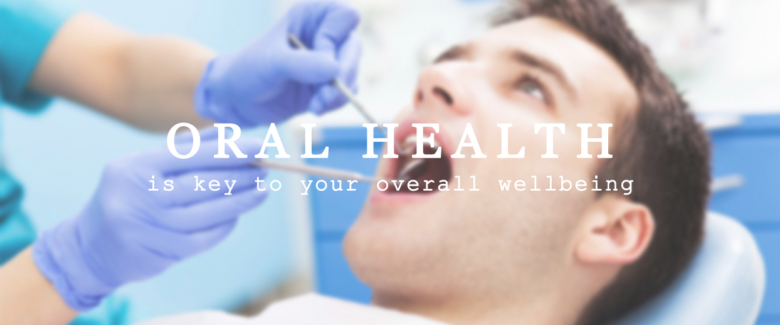If you could decrease your risk of stroke with two simple steps, would you?
The Study Shows…
There is a study published this month in Scientific Reports, where researchers at the University of Louisville School of Medicine have discovered that there is an association between different types of stroke and the presence of the oral bacteria, Streptococcus mutans. This bacteria, also known as S. mutans, is a major cause of cavities and dental decay. It also causes bacterial infections of the blood by dental procedures.
Two Kinds of Stroke
Ischemic strokes are when one or more blood vessels supplying the brain are blocked by something, like a blood clot.
Hemorrhagic strokes are when one or more blood vessels in the brain rupture.
The Connection and The Study
Oral infections have previously been associated with strokes. The study shows that bacteria in the mouth called S. mutans contributes to the development of hemorrhagic stroke by releasing a protein that alters the blood-brain barrier. They also found that there were a higher number of patients with S. mutans that were found with small brain hemorrhages that have been linked to dementia. They think that this bacteria trouble-maker binds to blood vessels that have been weakened by age and high blood pressure. This causes the arteries in the brain to burst which results in bleeding, inflammation, and damage to the walls of the blood vessels. This is how oral health and brain health are connected. There is also a connection between gum disease and both, heart disease and rheumatoid arthritis, and possibly Alzheimer’s and Parkinson’s disease.
The “To Do”
To decrease your risk of these diseases, start utilizing these tips…
- Use colloidal silver as a dental wash before and after any dental procedures, even a simple cleaning. It is a broad-spectrum antimicrobial that supports the immune system, doesn’t decrease the effectiveness of antibiotics and has no side effects.
- Use a toothpaste with the good bacteria strain Lactobacillus paracasei. This bacteria has been shown to kill harmful bacteria like S. mutans. We carry this toothpaste in our clinic. It is called Peri-biotic by Designs for Health.
I hope you will employ these tactics for a brighter smile and a brighter future.
Dr. Stacey


